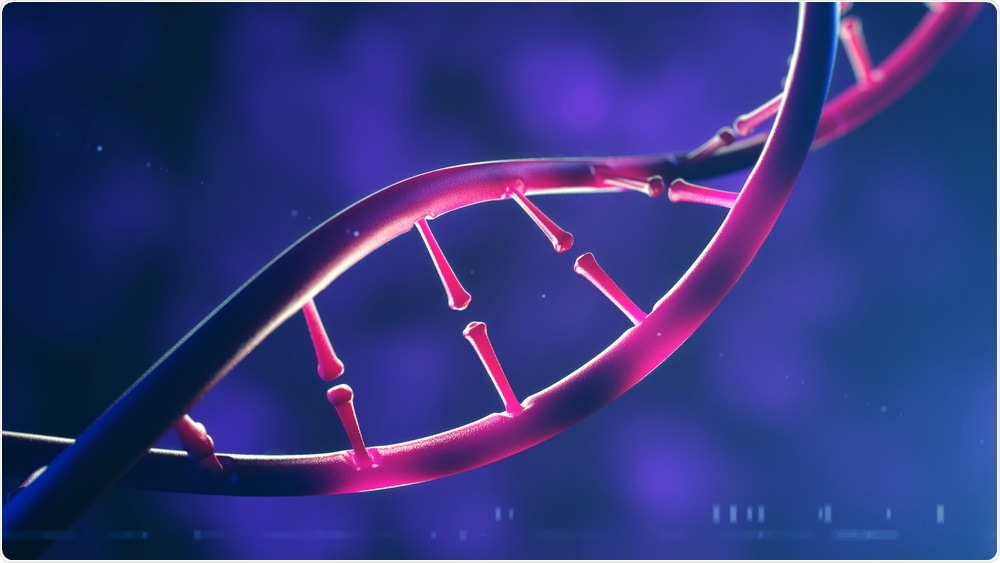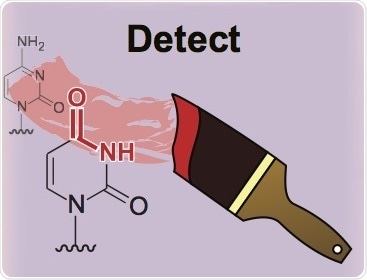Researchers at Pennsylvania School of Medicine have found a better way to determine the epigenetic code of DNA for the identification of disease.
 Image Credit: Egorov Artem / Shutterstock
Image Credit: Egorov Artem / Shutterstock
The new method for deciphering the chemical groups attached to DNA’s surface could lead to improved detection of cancer and other diseases of the blood.
The chemical groups flag one of the four bases found in DNA and it is differences in these marks that influence whether genes are silenced or expressed.
In order to identify disease earlier and more precisely, scientists have become increasingly interested in examining free-floating DNA.
This is especially true for environments where the amount is limited such as the DNA that has moved from tumors into the blood.
We're hopeful that this method offers the ability to decode epigenetic marks on DNA from small and transient populations of cells that have previously been difficult to study, in order to determine whether the DNA is coming from a specific tissue or even a tumor.”
Dr. Rahul Kohli, Co-senior author

Scienitsts have studied these DNA modifications over the last twenty years.
However, the main method used relies on the use of a chemical called bisulfite, which damages a lot of the DNA it comes into contact with, thus limiting the study.
The new method that Kohli and team describe uses the immune- defense enzyme deaminase to achieve what bisulfite achieves, but without causing any damage to DNA.
This technological advance paves the way to better understand complex biological processes such as how the nervous system develops or how a tumor progresses."
Dr. Hao Wu, Co-senior author
For one type of neuron, the researchers found they could determine the epigenetic code using 1,000 times less DNA than is required when the bisulfite-based technique is used.
The tool could also distinguish the two most common epigenetic marks, namely methylation and hydroxymethylation.
We were able to show that sites along the genome that appear to be modified are in fact very different in terms of the distribution of these two marks. This finding suggests important and distinctive biological roles for the two marks on the genome.”
Dr. Rahul Kohli